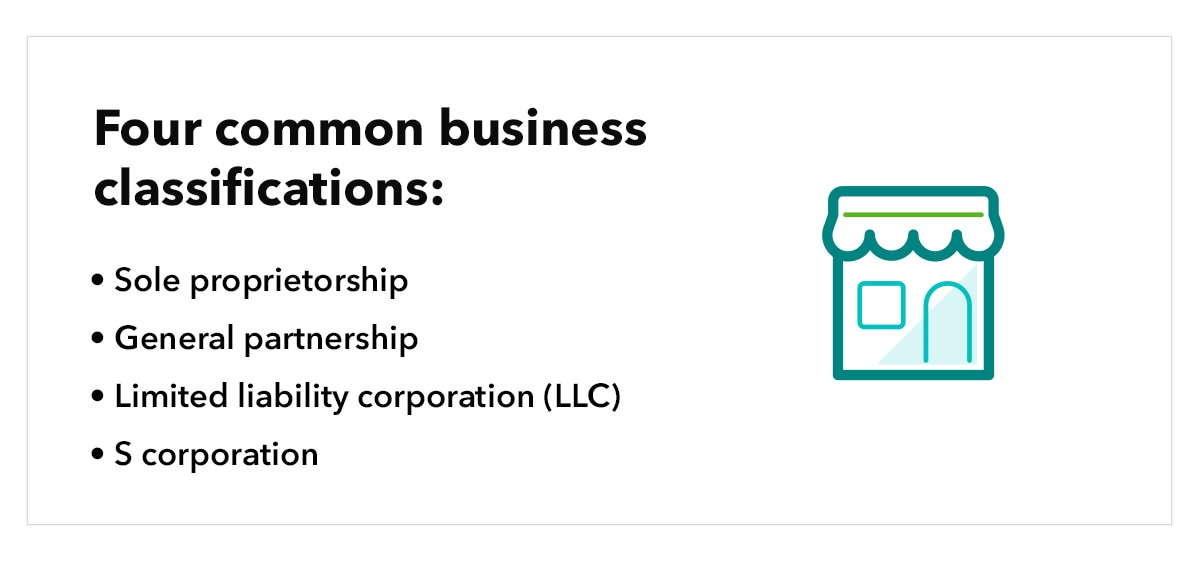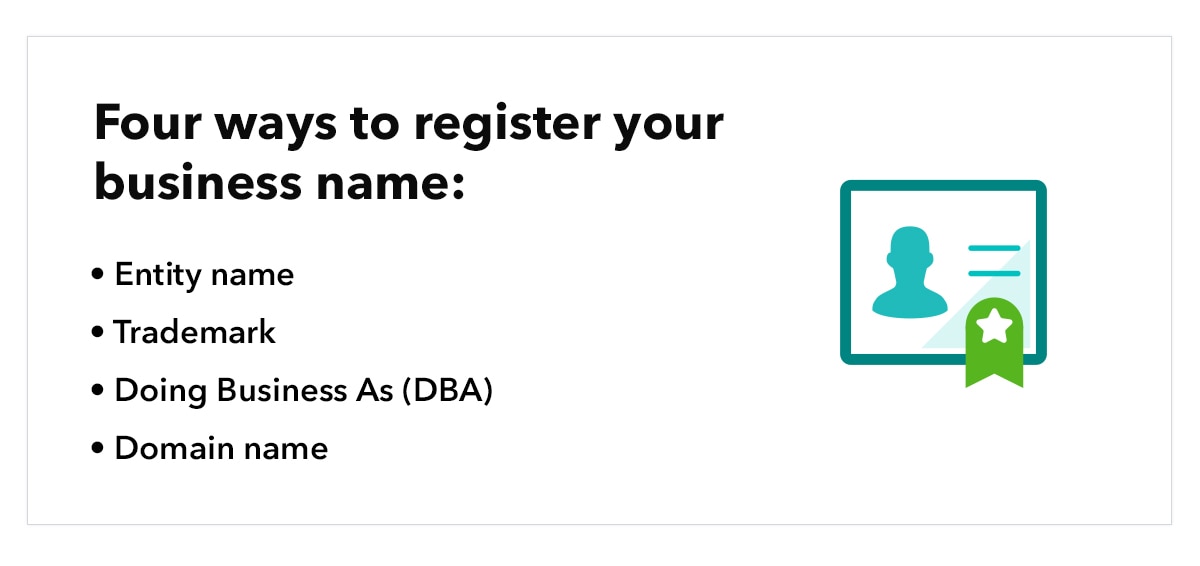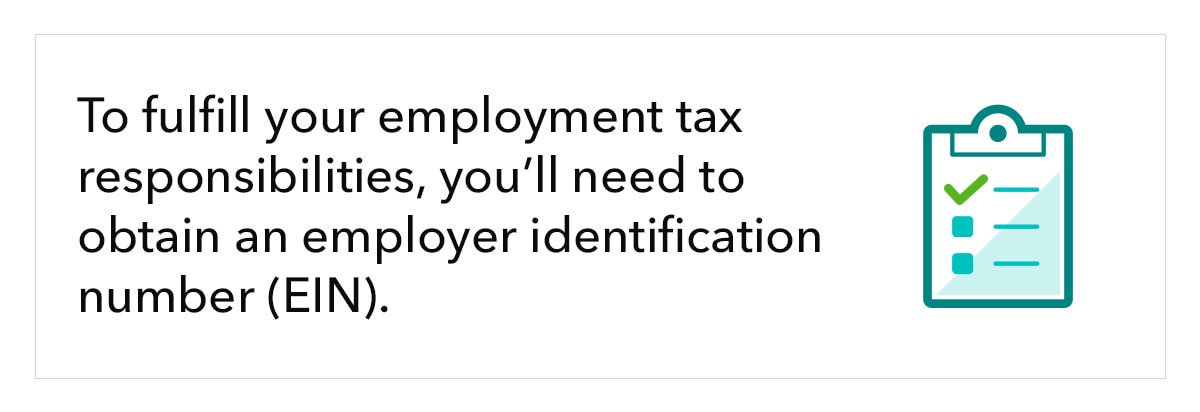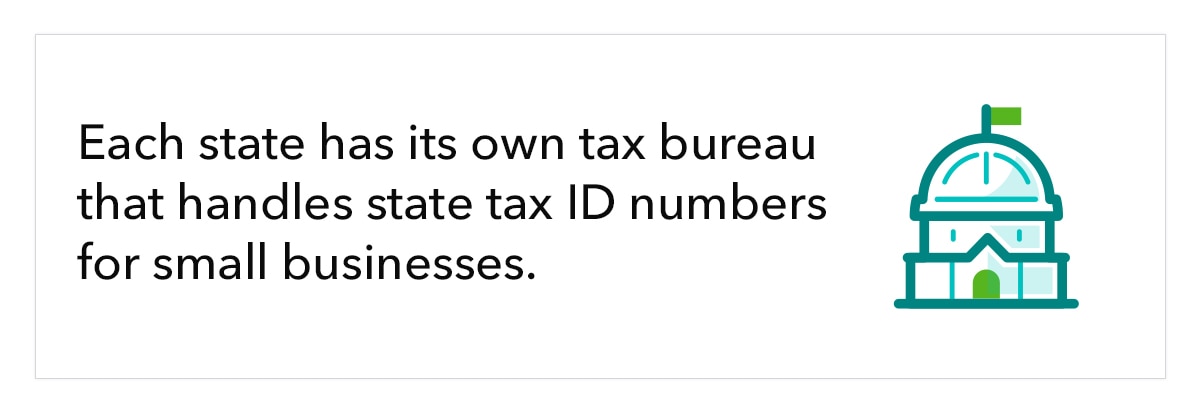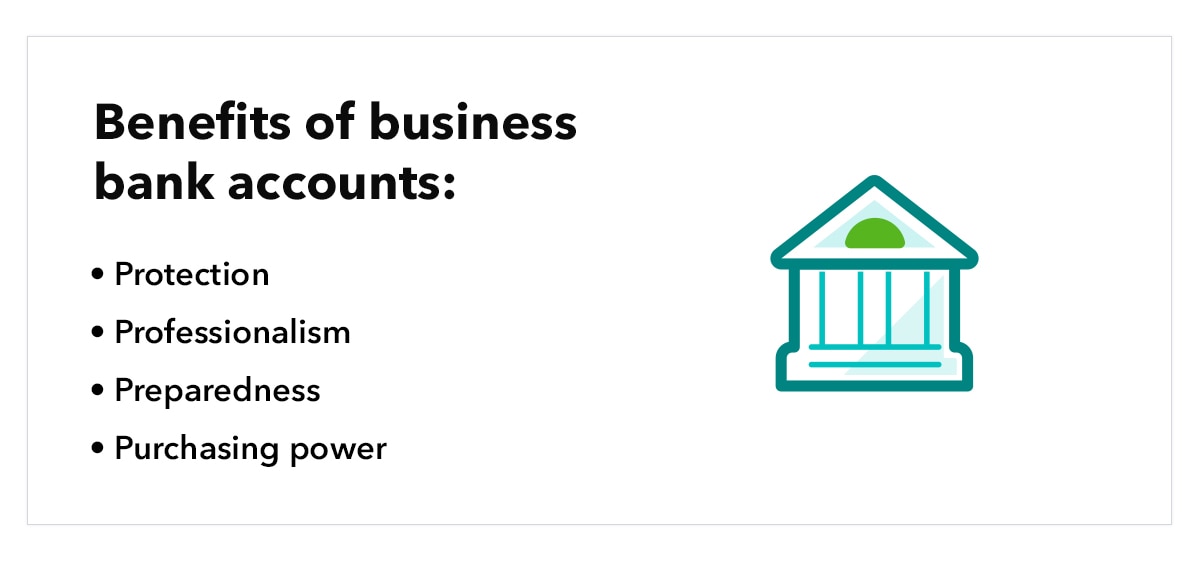10 legal requirements for starting a small business
Getting ready to launch your own small business is an exciting step that merges both your personal and professional goals. Not only do you get the chance to become your own boss, but you also have the opportunity to bring your creative visions to life and dictate how you want your business to operate. But there’s more to building a new business than setting up the lemonade stand that inspired your entrepreneurial dreams once upon a time.
Beyond scouting a location and developing a business plan, there are several legal requirements for starting a small business. In this post, we’ll take a look at ten steps to take before opening up shop.
Read on for a step-by-step perspective or use the links below to skip throughout our list of legal requirements for small businesses.
- Choose your business structure
- Brainstorm and register your business name
- Get your federal tax ID number
- Obtain a state tax ID number
- Review small business insurance options
- Apply for business licenses and permits
- Open a business bank account
- Protect yourself with legal support
- Make a compliance plan
- Set up your accounting system











